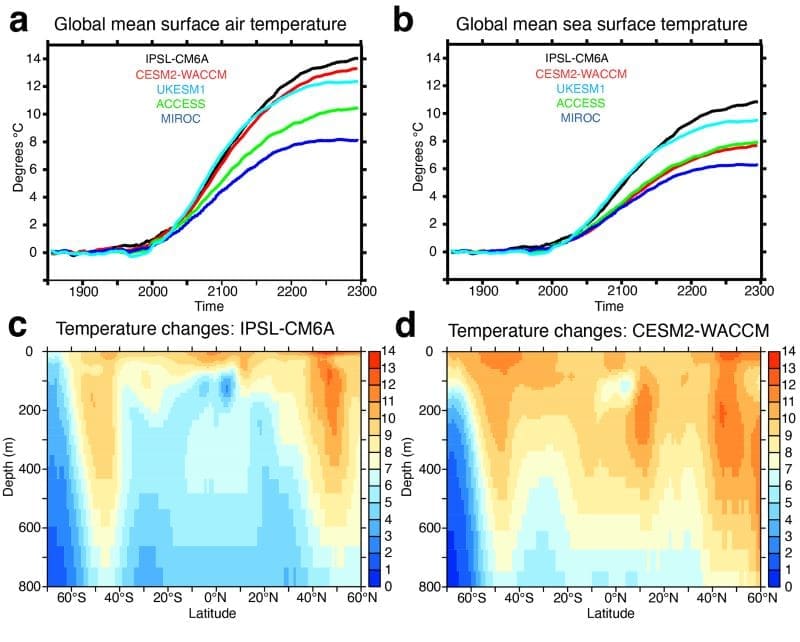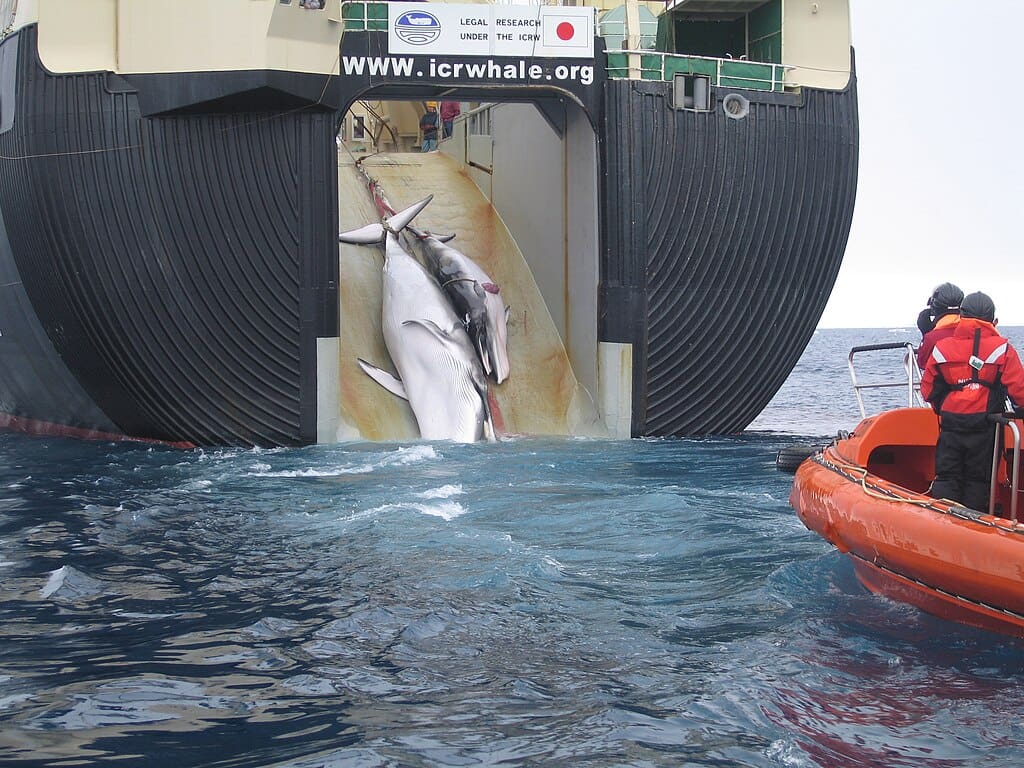Global warming’s impact on marine ecosystems is a pressing issue, particularly its effects on phytoplankton, the microscopic organisms essential for maintaining marine food chains. While phytoplankton primarily inhabit the sunlit upper ocean, new research highlights the crucial role played by the “twilight zone”, a deeper ocean layer where light is scarce, in regulating surface-dwelling phytoplankton.
A study published in Nature reveals that the interaction between the ocean’s surface waters and the twilight zone significantly influences the response of surface ecosystems to climate change. This relationship, known as “thermocline renewal”, occurs when warm upper ocean waters, spanning depths of 300-500 meters, are refreshed by mixing with surface waters over decades.

The research, conducted by an international team of scientists from Japan, France, and the United States, utilized a combination of ocean observations and advanced three-dimensional ecosystem models to investigate how warming might enhance the recycling of nutrients between ocean layers. The study’s findings emphasize the importance of the twilight zone, where bacteria decompose organic matter falling from the surface, releasing inorganic nutrients crucial for phytoplankton photosynthesis.
Observations revealed that in the modern climate, low-latitude processes, including bacterial decomposition in the twilight zone, contribute at least half of the nutrients recycled to the surface layers through a process called “upwelling”. These nutrients are vital for sustaining surface phytoplankton productivity. The study’s models, projecting up to the year 2300, demonstrated the essential role of this nutrient pool in supporting surface photosynthesis through thermocline renewal.
“Our study highlights a mechanism that we believe can help to advance our understanding of what has been an overlooked aspect in projections of marine ecosystem health,” said Olivier Aumont from Sorbonne Universités in France. The coupling between the twilight zone and surface waters is an area where improved understanding can refine climate change projections, which still show some discrepancies.
Keith Rodgers, a researcher from Tohoku University, added, “We hope that our work will stimulate novel research to further understand the ocean circulation pathways of thermocline renewal.”
The study’s implications extend beyond phytoplankton, as understanding the interaction between ocean layers is also crucial for predicting the future health of marine resources, including fisheries. With the ocean undergoing gradual de-oxygenation and warming, it is increasingly important to develop accurate models to predict the impacts on marine ecosystems and fish habitats in a changing climate.
As global temperatures continue to rise, the insights gained from this study underscore the importance of considering deeper ocean processes in climate models, which could help better predict and mitigate the effects of climate change on marine ecosystems.
Journal Reference:
Rodgers, K.B., Aumont, O., Toyama, K. et al. ‘Low-latitude mesopelagic nutrient recycling controls productivity and export’, Nature 632, 802–807 (2024). DOI: 10.1038/s41586-024-07779-1
Article Source:
Press Release/Material by Tohoku University
Featured image credit: NOAA | Unsplash




